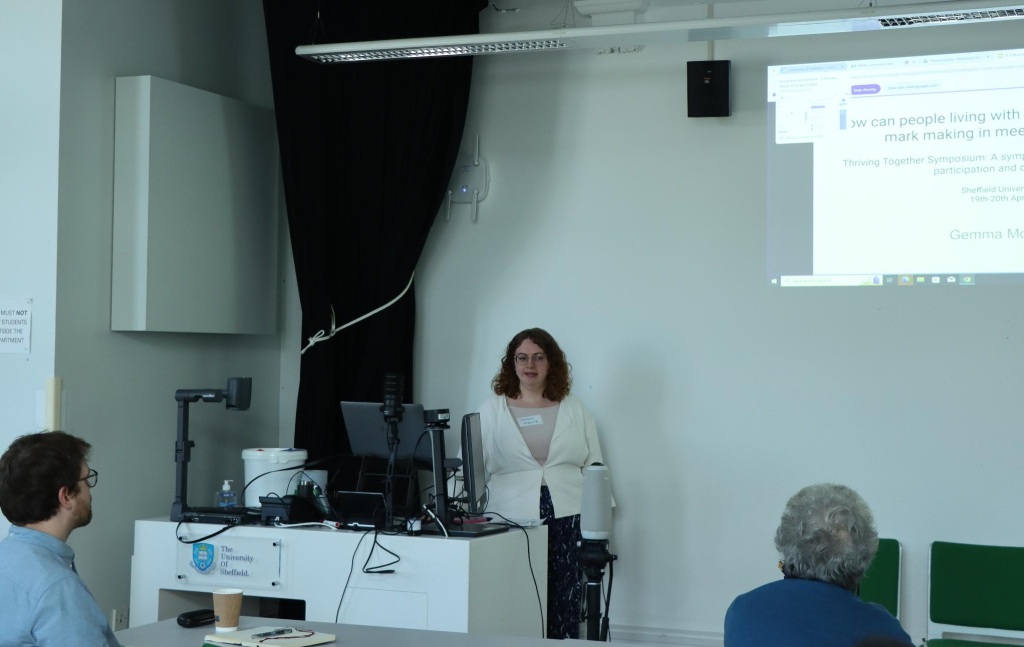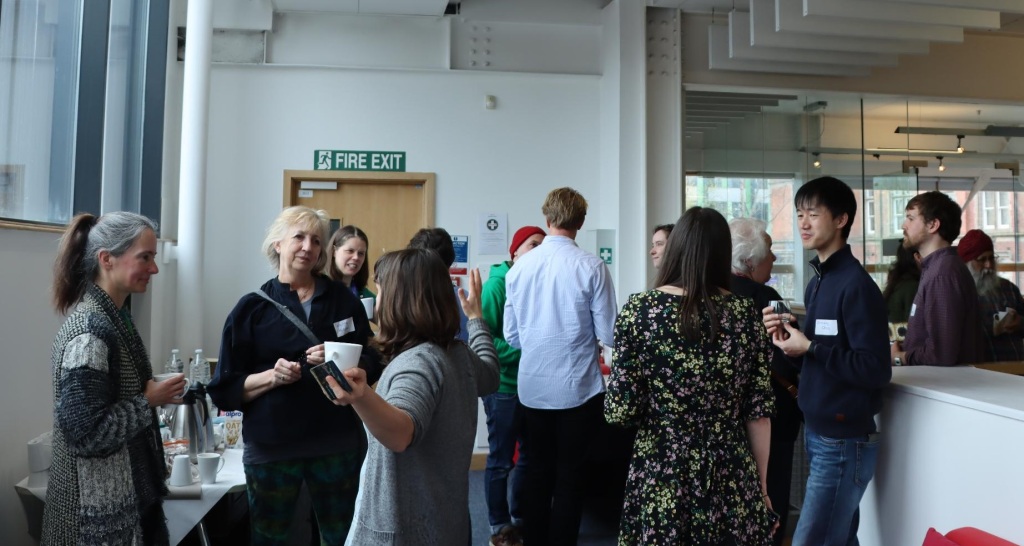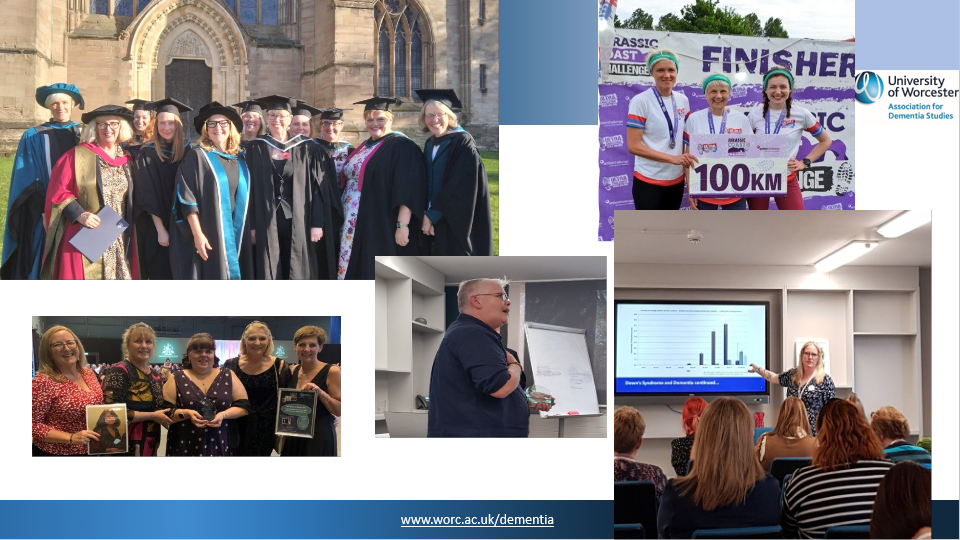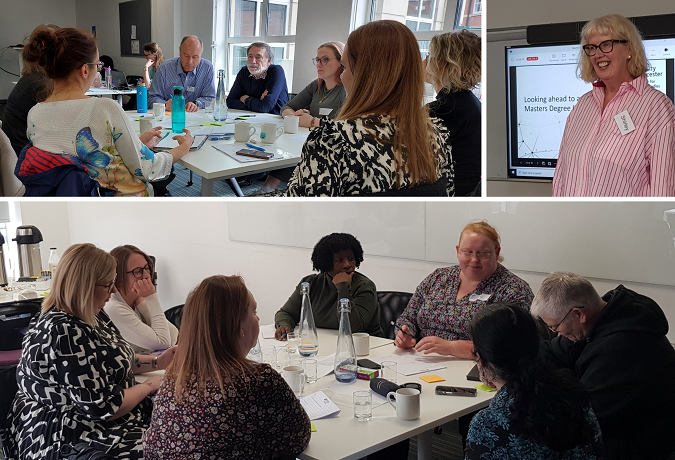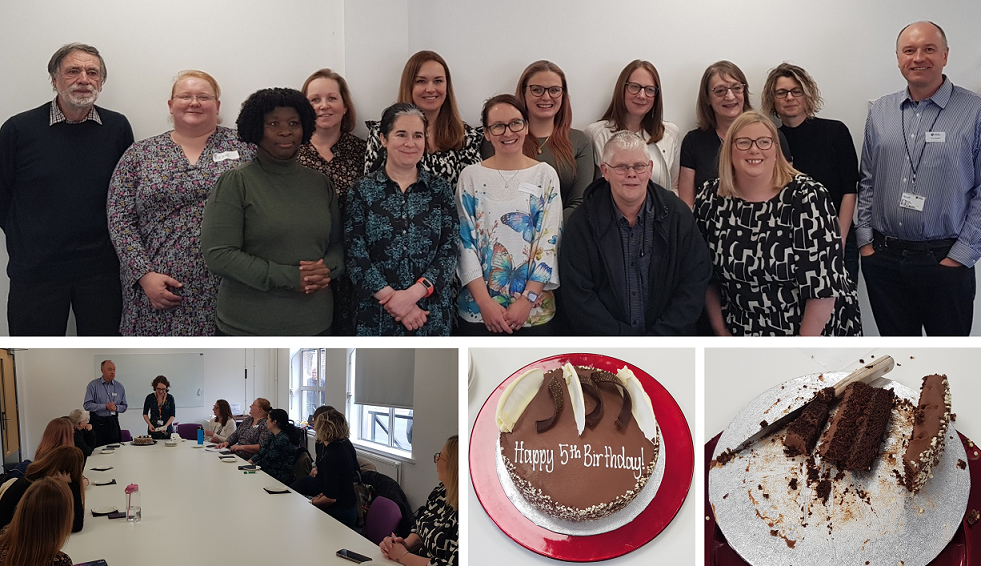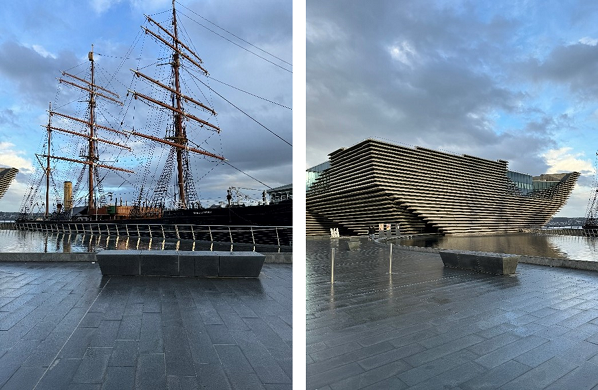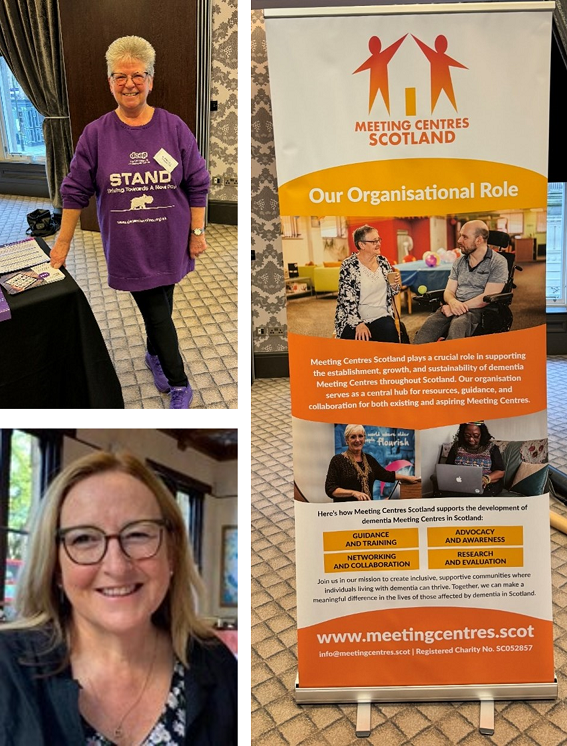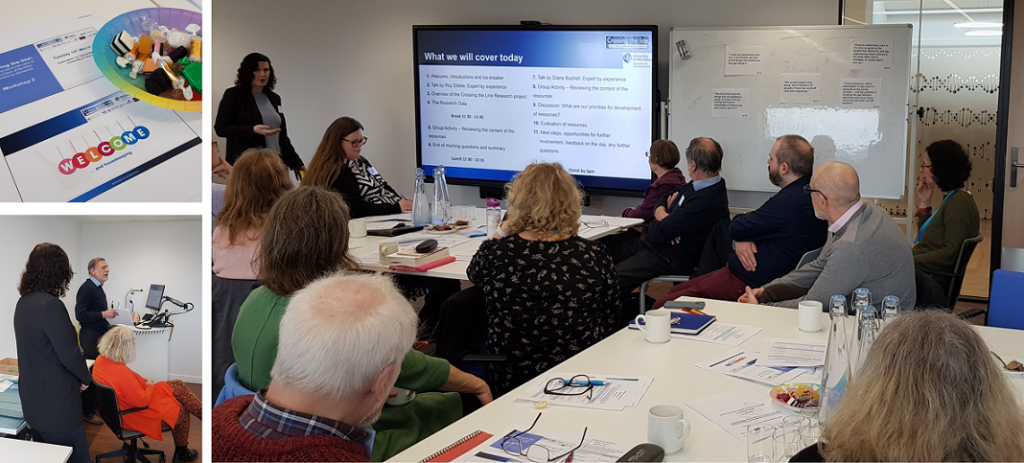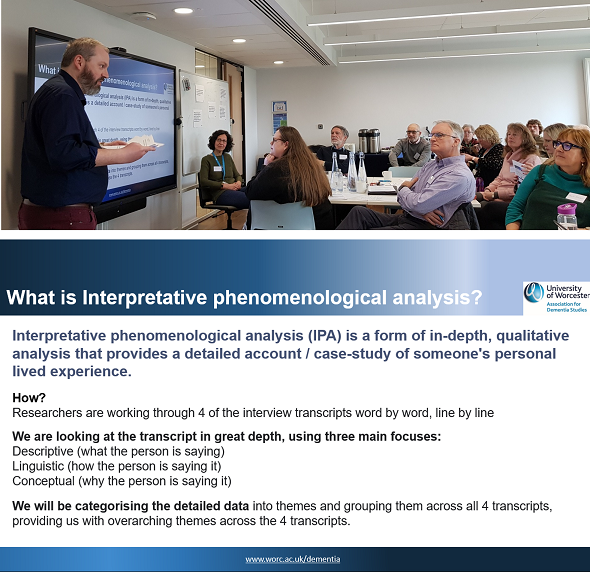Here at the Association for Dementia Studies we’re pleased to say that we currently have four PhD opportunities on offer. If you’re interested in taking your studies that step further, take a look below and see if one of our PhD topics takes your fancy. Be aware that only the first one is funded, so for the others you would need to be in a position to self-fund your studies.
Funded studentship
Development and Evaluation of a ‘Best Housing’ Assessment Tool for People Living with Dementia in Extra Care Housing
This is a fully-funded, full-time PhD studentship that will seek to understand the reasons and circumstances that lead to people living with dementia moving out of Extra Care Housing, and use those findings to develop, pilot and evaluate an assessment tool. This tool would be for use by Extra Care Housing staff, family and other stakeholders to assist in making decisions about what would be in a resident’s best interests in terms of accommodation and care. For example, considering the interventions required to enable a resident to remain in Extra Care Housing and whether their needs could be better met by relocating to a different form of accommodation.
Director of Studies Dr Julie Barrett says:
“This PhD studentship is ideal for anyone interested in understanding the reasons and circumstances that lead people living with dementia to move out of extra care housing and developing a tool to assist in making decisions about the optimal time to make this move.”
Applications for this PhD close on 3rd May, so if you like the sound of it you’ve got to get a move on. Take a look at the website for more details and how to apply.
Self-funded projects
Adoption of proprietary home and community automation technologies in support of ageing-in-place
If you’ve got an interest in technology, this PhD may be the one for you.
Technology has the potential to impact significantly on the health and well-being of people affected by dementia. For example, it could reduce social isolation and open up opportunities for engaging in life, learning and leisure. Rather than focusing on technology specifically designed for people living with dementia which some people may find stigmatising or embarrassing if it draws attention to their condition, this PhD considers the role of everyday technology as it is thought that people may be more likely to use it as part of their normal life.
This PhD study will investigate the adoption of proprietary automation technologies used in the home or in the community by people affected by dementia. Possible areas for investigation could include:
- Automation and assistance of everyday tasks.
- Cognitive support to address confusion and assist in memory recall, thinking and planning.
- Adapting the environment to account for behavioural and mood changes.
- The use of automation to support physical activity and/or health and well-being.
Director of the Association for Dementia Studies, Dr Shirley Evans, says:
“This is an exciting opportunity to join our flourishing cohort of PhD students. Everyday technology has so much potential to enhance the lives of people living with dementia but it is under-researched contributing to it not being used as widely or as effectively as it might. Come and join us at the Association for Dementia Studies and make a difference.”
To find out more about this PhD topic and see whether it could be a perfect fit for you, take a look at the website and get in touch.
Measuring the cost-effectiveness of Meeting Centre
If you’ve read the title and aren’t sure what a Meeting Centre is, don’t worry! A Meeting Centre is a local resource, operating out of ordinary community buildings, that offers on-going warm and friendly expert support to people with mild to moderate dementia and their families. At the heart of the Meeting Centre is a social club where people meet to have fun, talk to others and get help that focuses on what they need. Meeting Centres are based on research evidence of what helps people to cope well in adjusting to living with the symptoms and changes that dementia brings.
The Meeting Centres UK network is managed by the us at the Association for Dementia Studies and supports Meeting Centres to collect data. Meeting Centres can then use this data to self-evaluate, as well as inform potential funding bids to help with sustainability. The Association for Dementia Studies also manages a central repository of data from Meeting Centres across the UK.
This studentship will build on previous work to investigate what cost-effectiveness information is required by commissioners of community services, and how this information can best be captured and delivered by Meeting Centres.
Dr Shirley Evans is Director of Studies for this PhD and says:
“This is an exciting opportunity to join our flourishing cohort of PhD students. With over 70 Meeting Centres in the UK there is a vision for one in every town. Key to this is clear evidence of cost-effectiveness which is the focus of this PhD. Come and join us at the Association for Dementia Studies and make a difference.”
If this PhD catches your attention, take a look at the website for more information and details on how to apply.
Pain management for people living with dementia in Extra Care
This PhD project will build on a pilot survey, which found that pain support for people living with dementia in Extra Care Housing schemes and care homes is suboptimal to that for people in other care settings. High numbers of Extra Care Housing staff lack the skills and confidence to support people living with dementia experiencing pain and are unlikely to use guidance or pain assessment tools. Suboptimal pain support is not acceptable and all staff who are responsible for supporting the needs of a person with dementia need to be skilled in this area.
The project will work with Extra Care Housing residents living with and without dementia and compare their pain assessment and management and determine whether those with dementia receive suboptimal pain management. It will also compare residents with dementia in Extra Care Housing with those living in care homes. The PhD will investigate the causes of any differences, the impacts of these, the challenges, successes and good practices around pain management, and staff training and support needs.
Director of Studies Dr Julie Barrett says:
“This would be a great opportunity for someone interested in understanding how best to assess and manage pain in residents living with dementia in extra care housing”
Have you got an interest in this topic? Find out more and how to apply on the website.
Connect with ADS on twitter @DementiaStudies and on Facebook @adsuow We’re also on Instagram, Threads and LinkedIn so have a look and find us there too.
